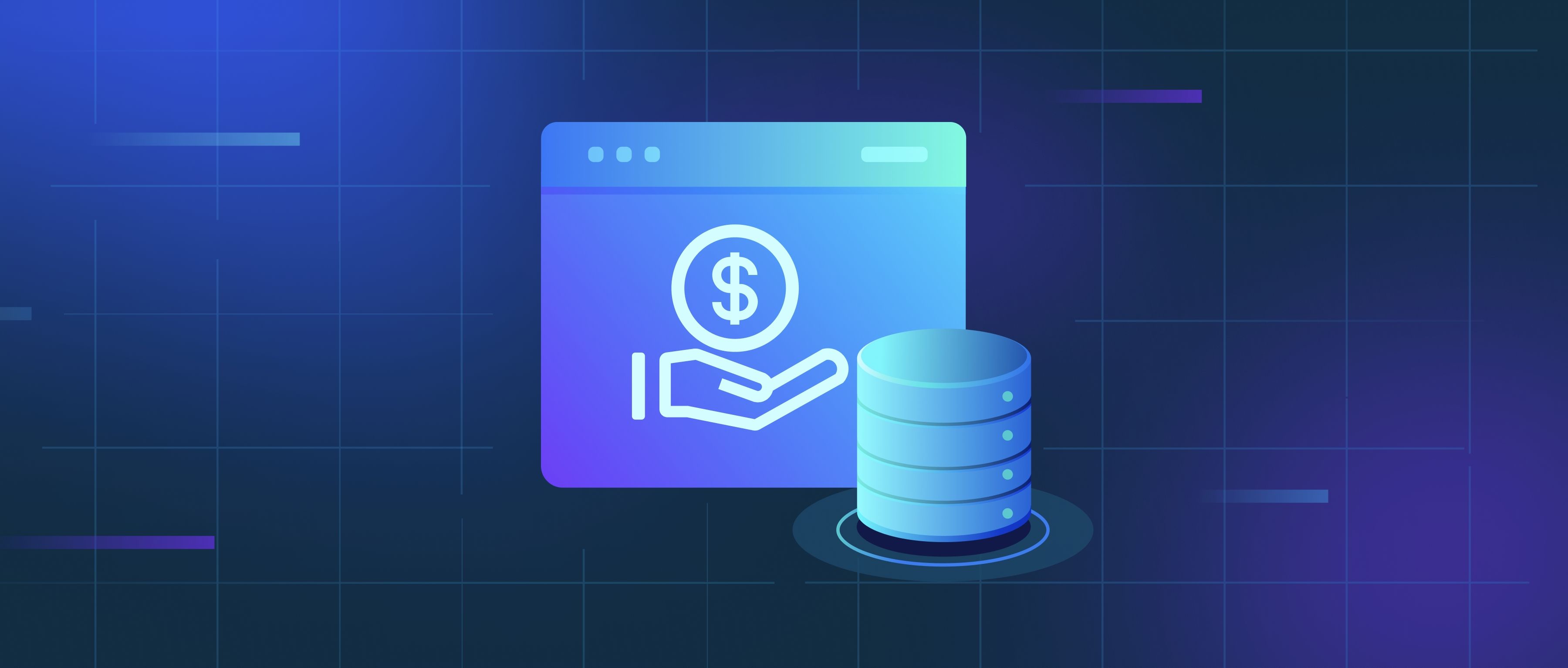Scheduling and orchestration are critical in ETL platforms because they ensure data workflows run efficiently, reliably, and in the correct sequence. Scheduling determines when specific ETL jobs execute, such as daily data pulls during off-peak hours, while orchestration manages dependencies between tasks, like ensuring data transformation occurs only after extraction completes. Together, they automate complex pipelines, reduce manual intervention, and maintain data consistency across systems.
Efficiency and reliability are core benefits. Scheduling prevents resource conflicts by allocating jobs to run at optimal times. For example, a retail company might schedule sales data extraction at midnight to avoid competing with daytime transaction processing. Orchestration handles task dependencies, such as triggering inventory updates only after sales data is transformed. If a job fails, orchestration tools can retry tasks, send alerts, or halt downstream processes to prevent incomplete or corrupted data. This reduces downtime and ensures pipelines recover gracefully from errors.
Scalability and maintainability also depend on these mechanisms. As data volumes grow, manual job management becomes impractical. Automated scheduling scales to handle thousands of jobs, like hourly log processing in a cloud environment. Orchestration tools like Apache Airflow provide visibility into workflows through dashboards, making it easier to monitor progress or debug issues. For instance, a financial institution might use orchestration to audit data lineage, ensuring compliance with regulations. By abstracting workflow complexity, these systems let developers focus on logic rather than operational overhead.
